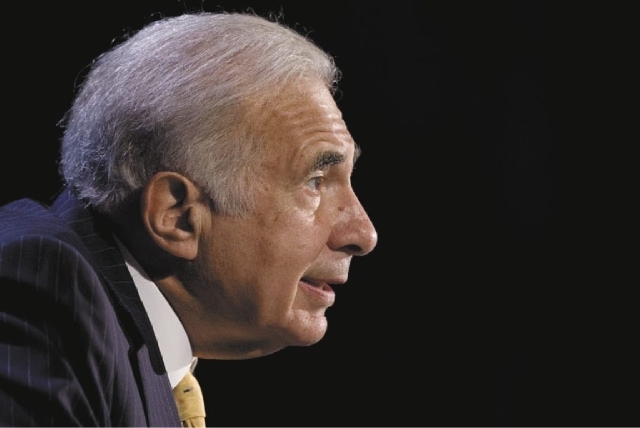Trump loses bid to end pension payments at Taj Mahal
A Delaware bankruptcy judge denied on Friday a request by Trump Entertainment Resorts to be relieved of its pension obligations under a collective bargaining agreement with union workers at the Taj Mahal casino in Atlantic City.
After hearing arguments and testimony from company witnesses a day earlier, Judge Kevin Gross said Friday in a teleconference with attorneys that the company had not shown that it would suffer irreparable harm if the judge did not grant the request.
Gross noted that he will hold a hearing Oct. 14 on Trump Entertainment’s request for permission to terminate the labor agreement entirely, indicating that the pension issue can be decided then.
“The hearing on Oct. 14th will not be time wasted,” said Gross, adding that there is no provision in the bankruptcy code authorizing him to allow a debtor to permanently terminate a collective bargaining agreement except in its entirety. While the bankruptcy code does allow a court to modify provisions of a labor agreement, such changes can be done only on an interim basis.
Gross did not rule on arguments by attorneys for the union and its national retirement fund that he has no jurisdiction to rule on Trump Entertainment’s request to terminate the bargaining agreement because it technically doesn’t exist. The union attorneys note that the agreement expired Sept. 14 and its terms remain in effect pursuant to the National Labor Relations Act pending negotiations on a new contract. That gives the National Labor Relations Board authority over the issue, they argue.
Struggling with cash-flow problems amid competition from new casinos in neighboring states, Trump Entertainment sought bankruptcy protection last month, threatening to close the Taj Mahal in mid-November and lay off almost 3,000 workers, including more than 1,100 covered by the union, if it didn’t win labor concessions.
Billionaire Carl Icahn, the company’s senior secured lender, has tentatively agreed to Trump Entertainment’s request to convert his $288 million secured debt into a 100 percent ownership stake in a reorganized company, and to inject $100 million in equity to keep the company going.
But that offer is contingent on obtaining significant concessions from the union and steep tax breaks from local and state officials in New Jersey.
Trump Entertainment attorneys have said the company must decide in the next couple of weeks whether it will have to abandon reorganization efforts and close the Taj Mahal, which could become the fifth Atlantic City casino to shut its doors this year.
Company representatives have said they are burning through the little operating cash they have and can’t afford to continue union pension contributions of $300,000 a month. They also are concerned that the union’s retirement fund may file a priority administrative claim in the bankruptcy case based on an asserted unfunded pension liability of almost $200 million.
Trump Entertainment representatives have indicated that the union, which also represents workers at several other casinos, may be unwilling to offer concessions to Taj Mahal because it would be obligated to extend those same concessions to the other casinos.
“They are willing to sacrifice this facility for the benefit of everybody else in Atlantic City,” Trump attorney Kris Hansen told Gross at Thursday’s hearing after the judge himself expressed similar concerns.




























